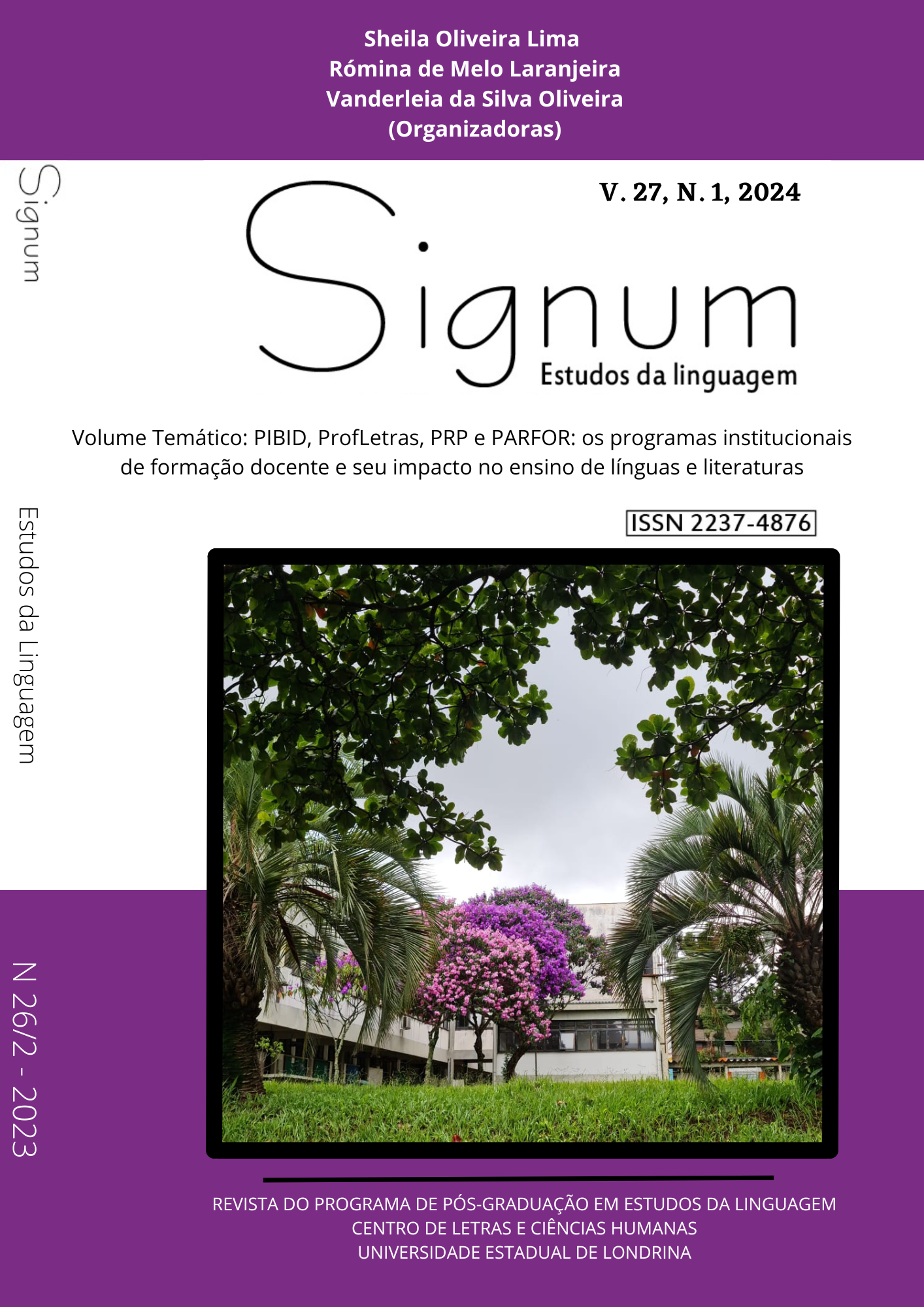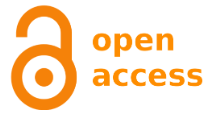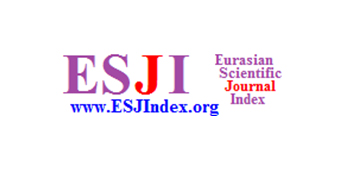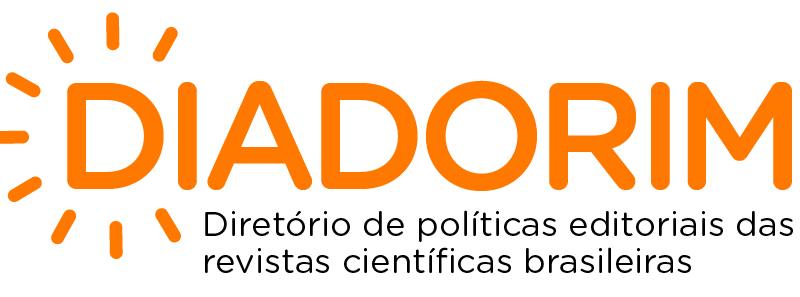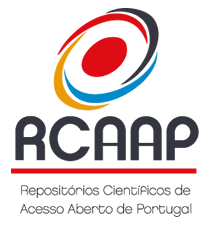PIBID
impacts, meanings and perspectives in teacher training at a multi-campus HEI
DOI:
https://doi.org/10.5433/2237-4876.2024v27n1p68-82Keywords:
PIBID, formação docente, ensinoAbstract
Teacher education has proven to be, in recent decades, a sensitive issue for universities and other educational institutions. The debate on teacher education involves issues such as the need for professionals that are suited to regional demands and attentive to the challenges as a result of technological advances, the political formation of these professionals, which is aimed at overcoming intransigence; the indispensable relationship between university and basic education and the insertion of professionals in meaningful programs. Therefore, we ask ourselves, based on data collected at a public university: what have been the real impacts of special programs such as PIBID on school practice in basic education? How do the subjects involved in this process understand their actions? What are the necessary practices in the teacher training process? In this sense, we will turn to authors in the area of language and education to support our discussion in qualitative research, carried out through content analysis, based on the reports of three basic education teachers, five pibidians and two institutional PIBID coordinators. The analyzes carried out so far point to a significant impact of the program to these subjects, demonstrating the need for more public policies focused on the topic.
Downloads
References
ARROYO, Miguel G. Ofício de mestre: imagens e auto-imagens. Rio de Janeiro: Vozes, 2013.
BARDIN, Laurence. Análise de conteúdo. Lisboa: Edições 70, 1979.
BRONCKART, Jean-Paul. Atividade de linguagem, textos e discursos: por um interacionismo sócio discursivo, São Paulo: EDUC, 2003.
IBGE. Cidades. Montes Claros,MG. Rio de Janeiro: IBGE, 2010. Disponível em: https://cidades.ibge.gov.br/brasil/mg/montes-claros/panorama. Acesso em: 10 mar. 202.
MORIN, Edgar. Introdução ao pensamento complexo. Tradução de Eliane Lisboa. Porto Alegre: Sulina, 2015.
SOARES, Magda. Formação de rede: uma alternativa de desenvolvimento profissional de alfabetizadores/as. Cadernos Cenpec, São Paulo, v. 4. n. 2, p. 146-173, dez. 2014. DOI: https://doi.org/10.18676/2237-998322014294
Downloads
Published
How to Cite
Issue
Section
License
Copyright (c) 2024 Luiz Penido

This work is licensed under a Creative Commons Attribution-NonCommercial-NoDerivatives 4.0 International License.
This journal reserves the right to make, in the originals, normative, orthographic and grammatical modifications in order to maintain the standard language and the credibility of the publication. It will respect, however, the authors’ style of writing. Modifications, corrections and suggestions of conceptual order will be forwarded to the authors, if necessary. In these cases, the papers, once appropriate, should be submitted to a new appreciation. The final examinations will not be forwarded to the authors. Works published become property of Signum, being its total or partial reprint subject to an explicit authorization of the journal. In all subsequent quotes the original source of publication should be mentioned, in case, in Photographic Discourse. Opinions emitted by the authors are their exclusive responsibility.